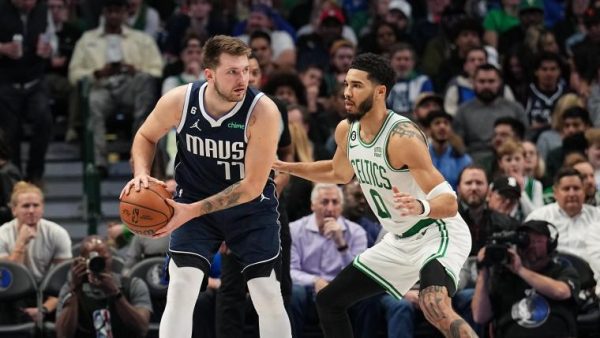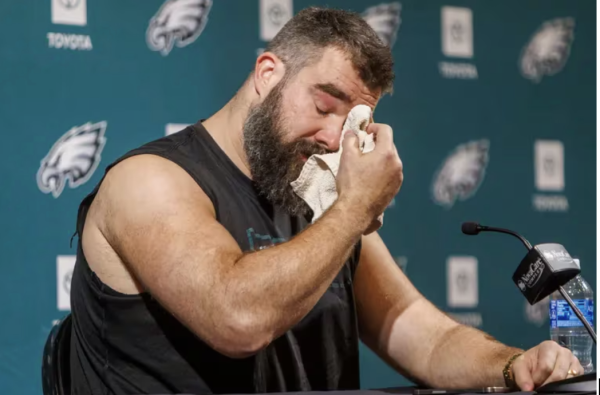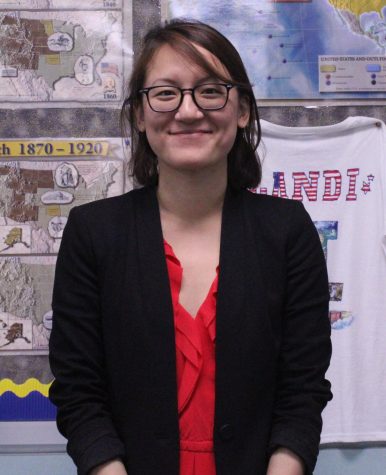How COVID-19 Has Affected the NCAA Recruitment Process
Words: Jeramy Stavlas
Through the midst of the pandemic that is sweeping over our country, high school athletes across the nation are worried about their futures in their respective sport. The National Collegiate Athletic Association, otherwise known as the NCAA, has taken many precautions to ensure the safety of athletes while doing what they can to continue the recruiting process.
The NCAA Division I and Division II programs are halting all in-person recruiting activity until May 31 in what they are referring to as a “dead period.” The Division III program will extend their “dead period” through June 15. However, recruits may still be contacted through video-chats and calls for all three divisions.
Another year of eligibility will be granted to NCAA spring-season athletes but not for winter sports, as the majority of their season was wrapped up before the COVID-19 outbreak. The extra year of eligibility will affect athletes in sports such as baseball, softball, lacrosse, golf, track and field, tennis, rowing, men’s volleyball, and women’s water polo.
These changes are very hard for high school spring-season athletes, as the extra year of eligibility for the college athletes can affect the recruitment of the incoming class of ‘24. As many of the seniors are returning for another year, the class of ‘24 may not have as many available spots. However, coaches and teams across the country are looking to give out more scholarships this year to make up for as much of the problem as they can. This may not guarantee that there will be a typical number of available spots on teams, but it will be increased from previous years.
Centennial senior Zack Steen, who is committed to Bloomsburg University to play baseball, believes that this change could end up benefiting younger athletes.
“I think the extra eligibility for seniors will definitely make it tougher, but in the end I feel like it’s best for me, because it’ll make me work harder to earn playing time,” expressed Steen.
The loss in revenue from this lost spring sports season may cause complications for teams looking to give out extra scholarships next season. There is a possibility that some smaller sports programs may have to be cut, and some programs will be forced to give out fewer scholarships than usual, which could result in more walk-ons and smaller roster sizes.
As far as it goes for high school athletes, the best way students can secure a spot on the team would be to keep in contact with the coaching staff, keep their grades up through online schooling, and of course, stay healthy.
“I have been keeping in touch with the coach on what I can do to keep preparing for next year,” stated Olivia Reese, a Centennial senior committed to Shepherd University for softball.
One thing that’s not being affected by the virus is the players’ motivation to work hard towards their respective sports. “I actually want to play more than ever,” explained Steen, motivated for next year’s season.
For updates on how the NCAA will manage through the COVID-19 breakout, visit their website at ncaa.org. They also post frequent updates on their Twitter, @NCAA.
av/ks/th/dt/sa
For more breaking news and photos, follow The Wingspan on Instagram and Twitter @CHSWingspan.




